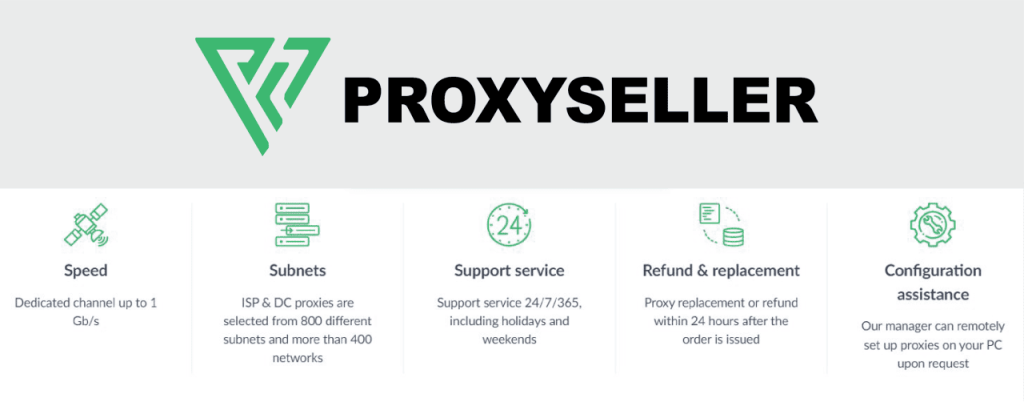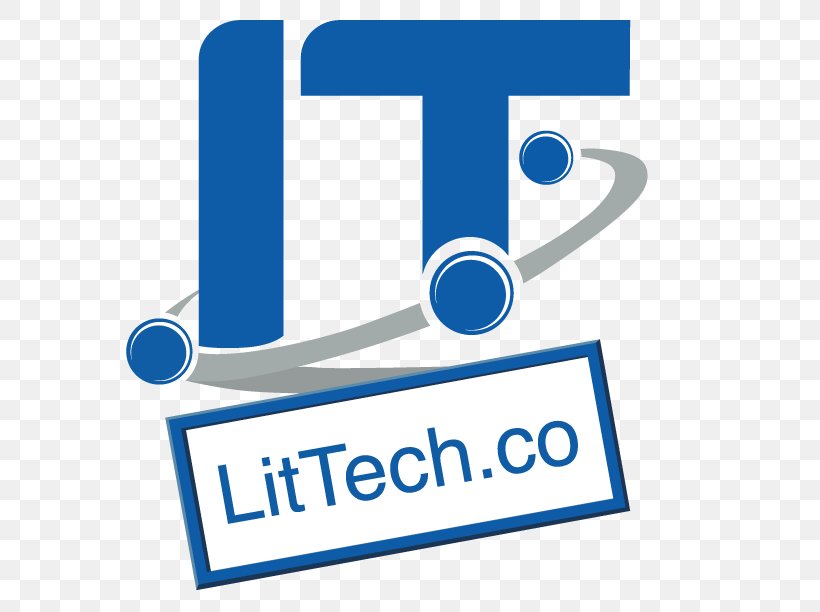
Future investigations should purpose at inspecting the effects of gaming on time perception with and without distraction through the use of timing duties of same length in a randomized design to be able to control for learning effects. They also needs to management for the potential components of type of sport playedhttps://www.chooseaustinfirst.com intake of stimulating substanceshttps://www.chooseaustinfirst.com and time of day when performing timing tasks.
Grand Theft Auto San Andreas (Pc)
To enhance pupil employabilityhttps://www.chooseaustinfirst.com the course provides a number of talks from the artistic business and will assist your participation in status sport competitions and digital gala’shttps://www.chooseaustinfirst.com in addition to industrial placements and internships. In abstracthttps://www.chooseaustinfirst.com this study investigated the hyperlink between gaming and subsequent time distortion in computer gamers in the natural setting of a LAN party. Howeverhttps://www.chooseaustinfirst.com no specific direction of time distortion was foundhttps://www.chooseaustinfirst.com which may partly be defined by the differing timing duties employed on this study.
What To Look For In A Gaming Mouse
My subsequent computerhttps://www.chooseaustinfirst.com the Amiga 2000https://www.chooseaustinfirst.com upgraded this expertise many instances overhttps://www.chooseaustinfirst.com due to its 4https://www.chooseaustinfirst.com096 colourshttps://www.chooseaustinfirst.com 640 x 256 decision and far better audio quality. Thenhttps://www.chooseaustinfirst.com within the Nineteen Ninetieshttps://www.chooseaustinfirst.com I received my first PC with an Intel INTChttps://www.chooseaustinfirst.com +1.forty …




